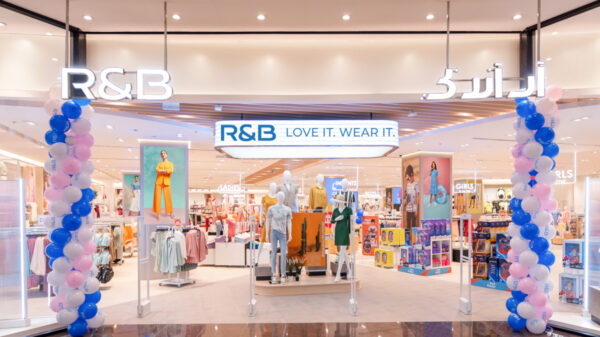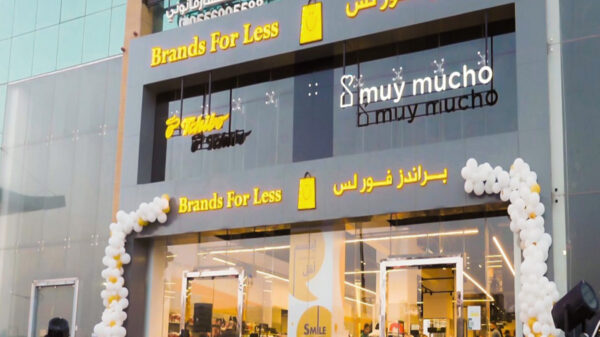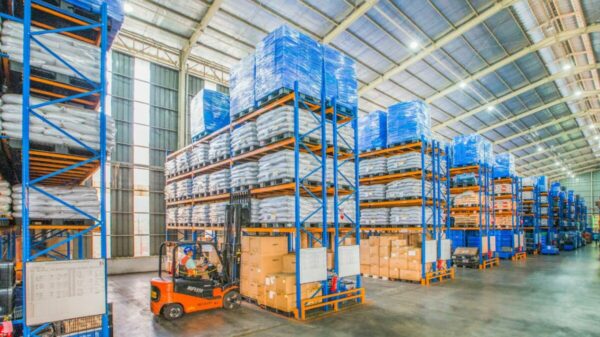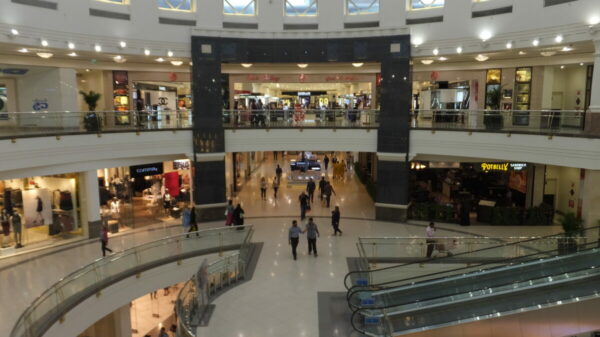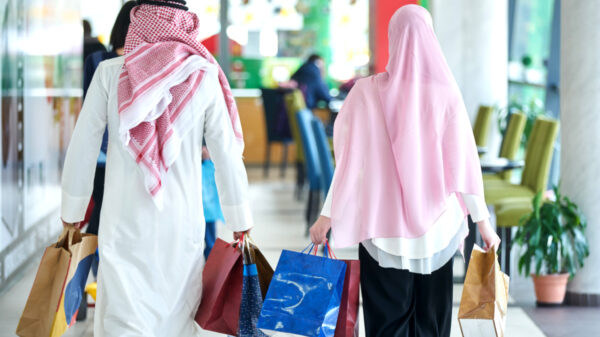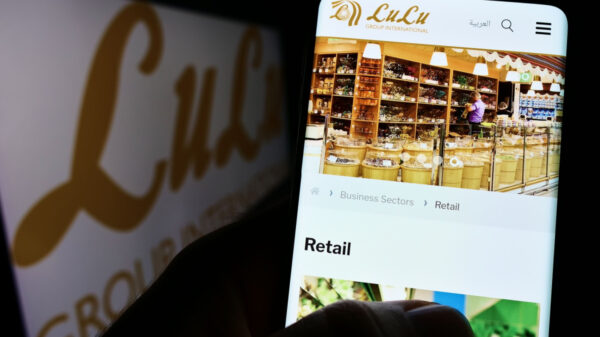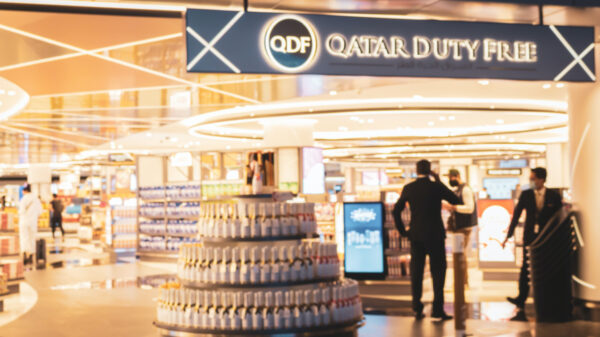With the threat of a recession looming, the new year will bring a panoply of challenges for retailers in the Middle East.
But it is not all doom and gloom for retailers. The Middle East seems to be bucking the trend with an economy that witnessed a steady rise in consumer spending, surpassing previous levels. According to Gulf Business, 70 per cent of shoppers in the region have even increased their spending on something extra— luxury goods. In the mean time, multinational retailers are actively courting local consumers in their home, while the region’s luxury malls are teeming with the world’s largest brand, leveraging the local tradition of celebrating opulence.
Here are two key trends that will shape the retail ecosystem in the Middle East.
The metaverse will grow apace
The metaverse phenomenon is likely to develop by leaps and bounds as more retailers seek out new opportunities to connect their virtual base with real-life experiences, with Chalhoub Group and Apparel Group leading the way.
According to McKinsey & Company estimates, the metaverse is on track on generating a staggering $5 trillion in value by 2030, with an estimated $2 trillion to $2.6 trillion dedicated to e-commerce.
While it remains to be seen if these estimates accurately reflect real figures, retailers are actively navigating this uncharted territory.
It is becoming apparent that the metaverse will fundamentally disrupt the retail ecosystem and expedite the personalisation revolution. The metaverse commerce shopping journey will lead to growth with direct-to-avatar (D2A) models via blockchain, digital twins and non-fungible tokens ), according to Retail for Info-Tech Research Group.
While metaverse commerce is still in its nascent stage, plenty of retailers, especially in the UAE and Saudi Arabia, are testing applications such as avatar-driven customer services, augmented reality and 3D interaction to entice shoppers through virtual stores, products and events.
Managing director and senior partner of Boston Consulting Group, said Leila Hoteit, said: “The UAE is a leader in readiness for metaverse adoption across all key enablers, with some gaps to address, particularly cost of connectivity. Technology is critical but is just one piece of this broader ecosystem required to unlock the metaverse and will fall under key pillars: reliable and accessible infrastructure, cheaper and better technology, user base adoption, content creation, a functioning economy, and – foundational to it all – regulation.”
At the same time, for many traditionally-minded enterprises, the metaverse concept is still arcane and intimidating, and some start-ups have yet to enter the fray that is gradually evolving from niche into mainstream.
“The UAE ranks 30th in Trust, which is high for the region. However, with 44 per cent of small and medium-sized enterprises reporting no digital presence, it is clear that some gaps remain, particularly for enterprise metaverse users,” concluded Ms Hoteit.
Environmental consciousness takes centre stage
Sustainability will reign supreme this year, particularly with COP27 and COP28 taking place in the region.
Such factors as greening the supply chain and prioritising sustainable products can further nudge suppliers to develop eco-friendly products.
Last year, numerous brands launched more recycled-material initiatives. That included programs to recycle used merchandise and the release of capsule collections made of existing recycled materials. The recent years were overflowing with sustainability-oriented start-ups, such as The Giving Movement, Sadeem and Wild Fabrik, to name a few.
And the consumers are clearly on board with the eco-shift. According to a report published by global professional services firm Alvarez & Marsal, in partnership with Retail Economics, as much as half of the consumers (49 per cent) claimed they are willing to pay more for sustainable options.
The sustainable trend also spilled over into the grocery sector, generating the demand for plant-based products. In the Middle East and Africa, the plant-based meat and dairy products market was valued at $240 million two years ago and is projected to achieve six percent of a compound annual growth rate till 2026. Domestic brands that have launched vegan meat products include the Sharjah-based Healthy Farm and the UAE-based Halal food brand Al Islami.

